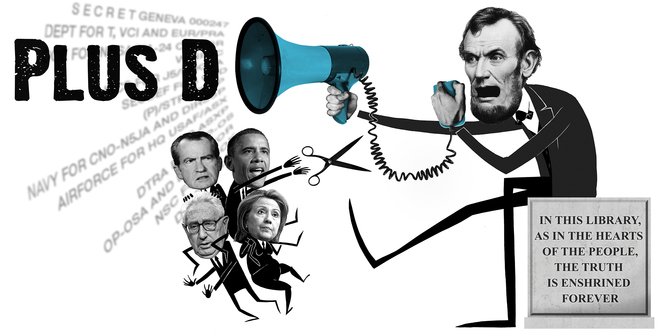The documents reveal information about a wide range of topics such as the US decision to deploy Pershing cruise missiles in Europe, Camp David agreement of Egypt and Israel, Saddam Hussein coming to power, Margaret Thatcher taking office and victory of the Islamic Revolution in Iran.
View image on Twitter

Follow
 WikiLeaks ?@wikileaks
WikiLeaks ?@wikileaksRELEASE: More than half a million US diplomatic cables on the Iranian revolution, the siege of Mecca and morehttps://wikileaks.org/plusd/pressrelease/?c3
1:47 PM - 28 Nov 2016
What are the main conclusions of the US intelligence policy in Iran after 1979?
Alireza Rezakhah told Sputnik Persian that the documents that depict the events of the Islamic Revolution in Iran have become in the words of Julian Assange, the turning point of the modern era.
However, the Iranian expert said that today Tehran's relations with Washington will not change over it.
But then, I would like to draw attention to another point. The value of these documents is that they complement the already existing archives. The faxes, memos and other documents from that year are with the Iranian authorities, Rezakhah said.
He further said that in Iran no one doubts the hostile attitude and the US aggression against the Islamic revolution in Iran. Everyone is familiar with US intrigues which dragged Iran into the imposed war [Iran-Iraq war of 1980-1988]. The IranIraq War was an armed conflict between Iran and Iraq lasting from 1980, when Iraq invaded Iran, to 1988.
Everyone in our country knows about the conspiracy that was planned to be carried out in the US embassy in Tehran. All these facts are of course not news for the political circles of Iran, the expert told Sputnik Persian. Talking about the information that was gathered from the leaked documents, Rezakhah said that if we were to consider the published documents from the point of view of their reliability and authenticity, then the American Special Services seem to have done their job unprofessionally and foolishly. I personally examined some documents.
What are they like? It's basically some dispatches and denunciations of American agents of the security services, compiled on the basis of information received from the third parties. Therefore, the reliability and authenticity of the facts given in them is seriously doubtful, Rezakhah said.
He further said that there is a likelihood that third parties provided US agents with false information. This is called disinformation, which is quite possible especially since WikiLeaks portal has published more than half a million of these denunciations and dispatches. Chances are that half of them are simply misinformation.
Today in Iran, there is fairly large number of research centers, which are studying in detail this phenomenon: the history of the Islamic Revolution and the events of 1979, the role of foreign intervention and the US policy on Iran at that time. Therefore, published material by the WikiLeaks portal can only be an important addition to the research which is being led by the historians and it can greatly assist in their scientific pursuits, but nothing more, the expert concluded. WikiLeaks released more than 500,000 US diplomatic cables on November 28, starting from 1979, a year called resonant for the world politics by the whistleblowing organization's founder Julian Assange.










